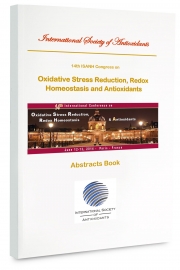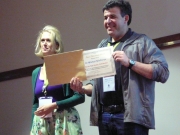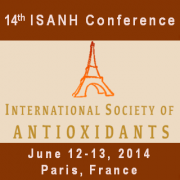 During Antioxidants World Congress 2014, Dr Bobby Thomas will present his recent study about Targeting Nrf2/Keap1 signaling pathway to treat Parkinson's disease.
During Antioxidants World Congress 2014, Dr Bobby Thomas will present his recent study about Targeting Nrf2/Keap1 signaling pathway to treat Parkinson's disease.
He will also highlight the importance of Triterpenoids as a powerful class of antioxidants to treat this pathology.
Parkinson's disease (PD) is a complex multifactor disease marked by extensive neuropathology in the brain with selective yet prominent and progressive loss of midbrain dopamine neurons. Clinically PD is characterized by motor abnormalities including resting tremor, bradykinesia, altered gait, muscular rigidity, postural instability, together with autonomic dysfunctions. The etiological factors involved in the development of PD are still elusive, but there is considerable evidence that a combination of genetic susceptibilities and environmental factors plays a critical role in disease pathogenesis. The identification of single genes in the past decade linked to heritable forms of PD has challenged the previously held view of a nongenetic etiology for this progressive movement disorder. These genetic breakthroughs have revolutionized the research by providing unique opportunities to pursue novel mechanisms and identified new clues to disease pathogenesis in PD. This forum review provides an update on current hypotheses and recent findings in mitochondrial dysfunction, oxidative damage, innate and adaptive immune systems, protein misfolding and aggregation, and advances in translational approaches to PD. These aspects are reviewed with an aim to promote better understanding of molecular pathways prevalent in parkinsonian brain that will eventually aide in development of promising therapeutic strategies.
Source: Antioxid. Redox Signal. 11, 2077–2082.
For more information about this presentation, and access to the complete program, please visit www.isanh.fr









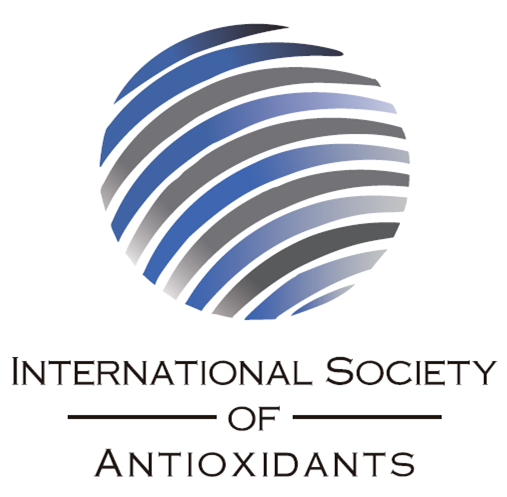
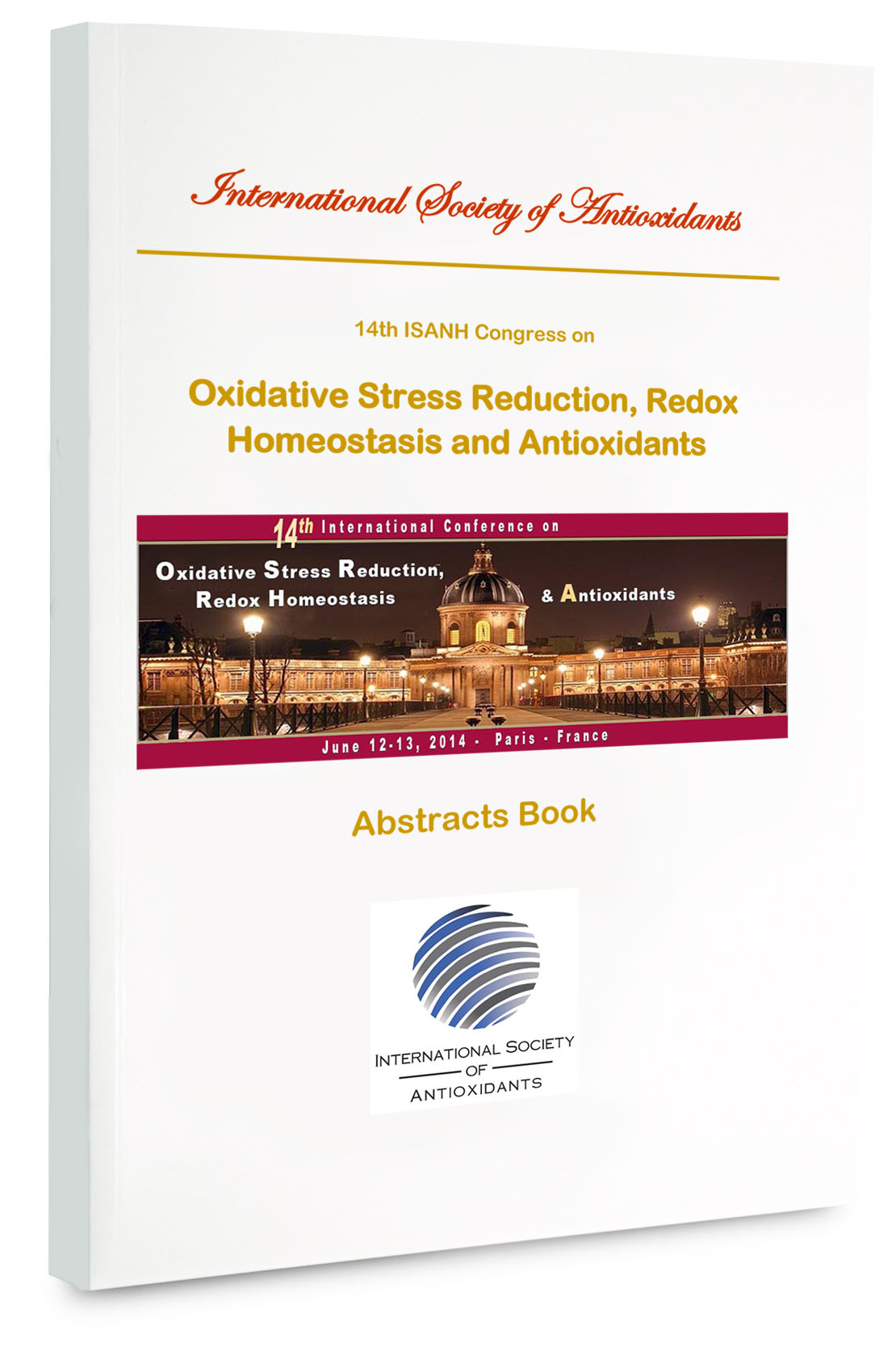 Please click here to purchase
Please click here to purchase